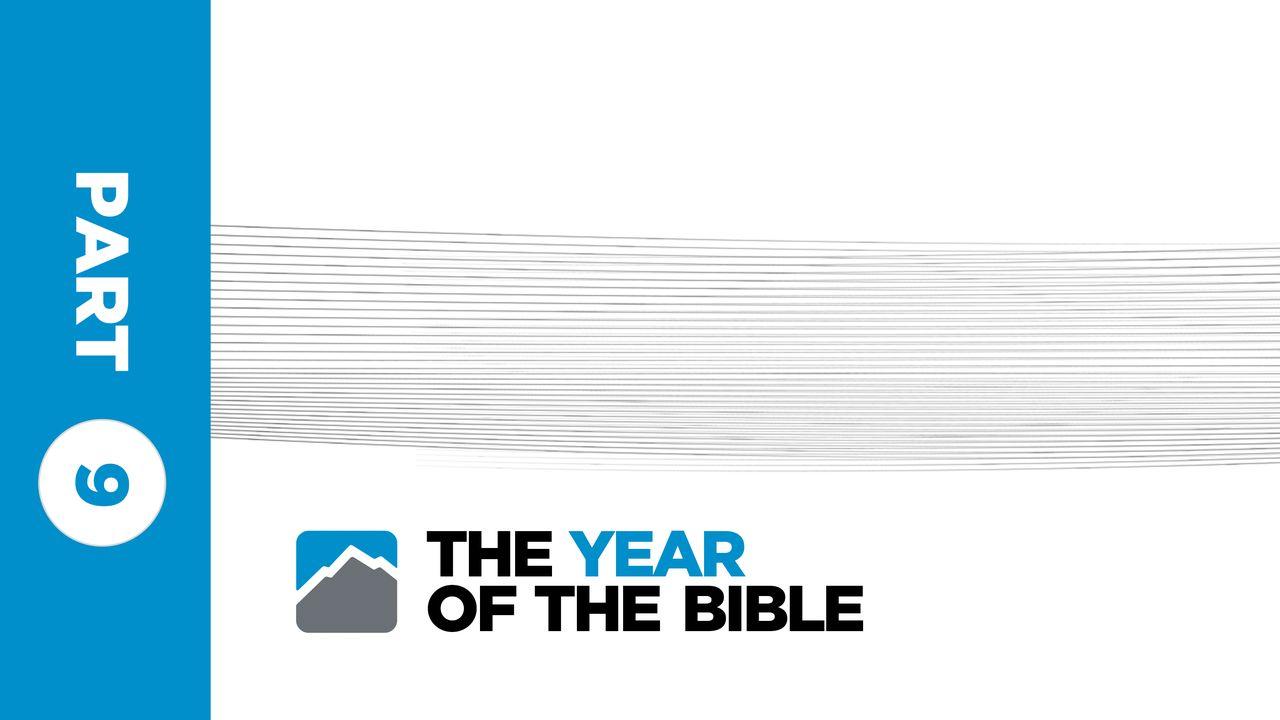Year of the Bible: Part Nine of Twelveਨਮੂਨਾ

You Reap What You Sow
The Greek definition of the word judge means "to try, condemn, punish."
Jack Hayford's Spirit-Filled Life Bible states: "Jesus does not forbid criticism, opinions, or the condemnation of wrongdoing. What He forbids is censoriousness (severe criticism of others), the spirit of faultfinding that overlooks one's own shortcomings while assuming the role of supreme judge in regard to the sins of others."
The principle established here is that when we find fault with other people's sinful behavior while overlooking our sin, we set ourselves up for significant pain: spiritual pain, emotional pain, relational pain, and even physical pain.
Jesus told us not to judge and when we obey Him, we are saved from the pain that springs forth from violating this command.
Question: How have you violated this command? Acknowledge and repent of those violations, and release others from the motives you've assigned to their behaviors.
Prayer: Father, I repent in Jesus' name for my judgmental activities. I choose to release everyone whom I have condemned. May Your mercy flow in their lives as well. Amen!
ਪਵਿੱਤਰ ਸ਼ਾਸਤਰ
About this Plan

This twelve-part plan can be read alone, with a group, or with your family! Each month, you will dive into a new part of the unified story that leads to Jesus discovering the heart of God for the whole world. This month, we'll read through parts of Matthew, Mark, Luke, John and a portion of Acts. Let's dive into Part nine of twelve!
More
Related Plans

Why Not You: Believing What God Believes About You

Powerhouse: Your Toolkit for a Supernatural Life

A Fire Inside: 30 Day Devotional Journey

Oracles of God: The Story of the New Testament

The Bible in Six Acts: The Jesus Bible Study Series

Why Not You: Believing What God Believes About You

Walking Away With a Brand New Name

Seek First

Sprinkle of Confetti Devotional
